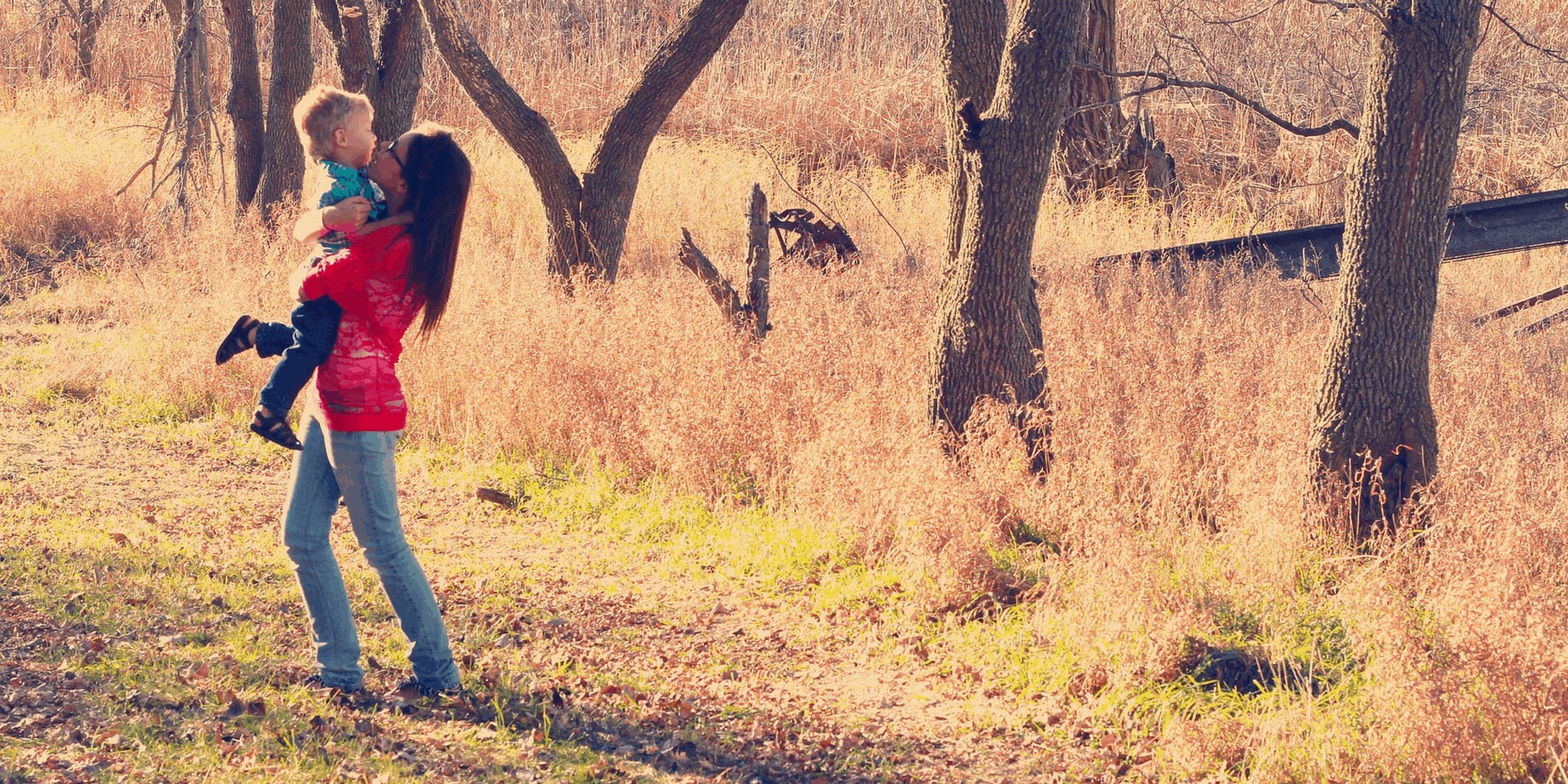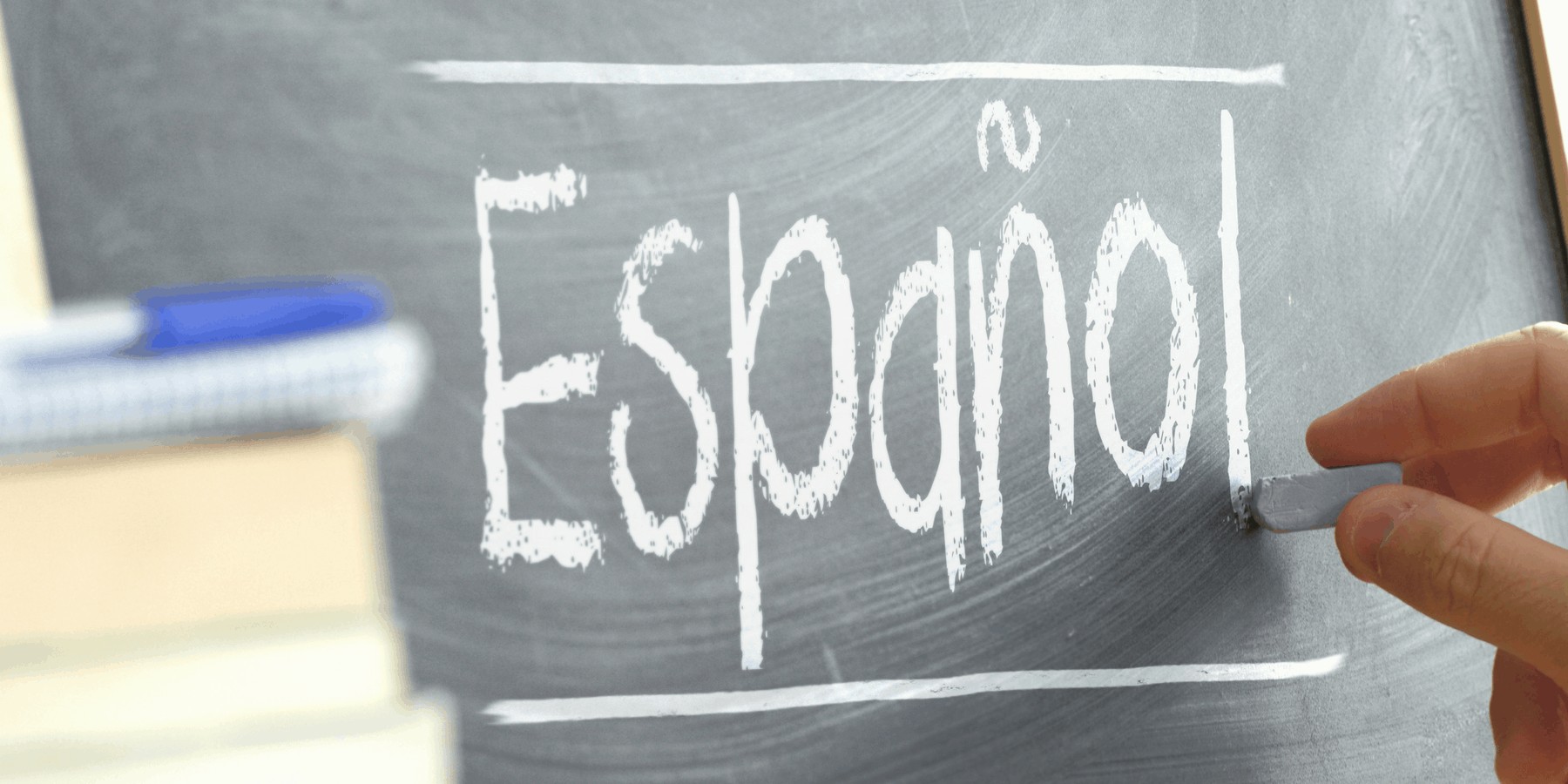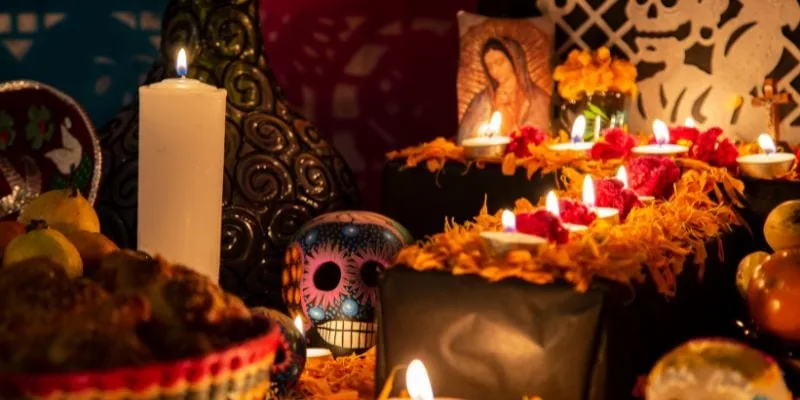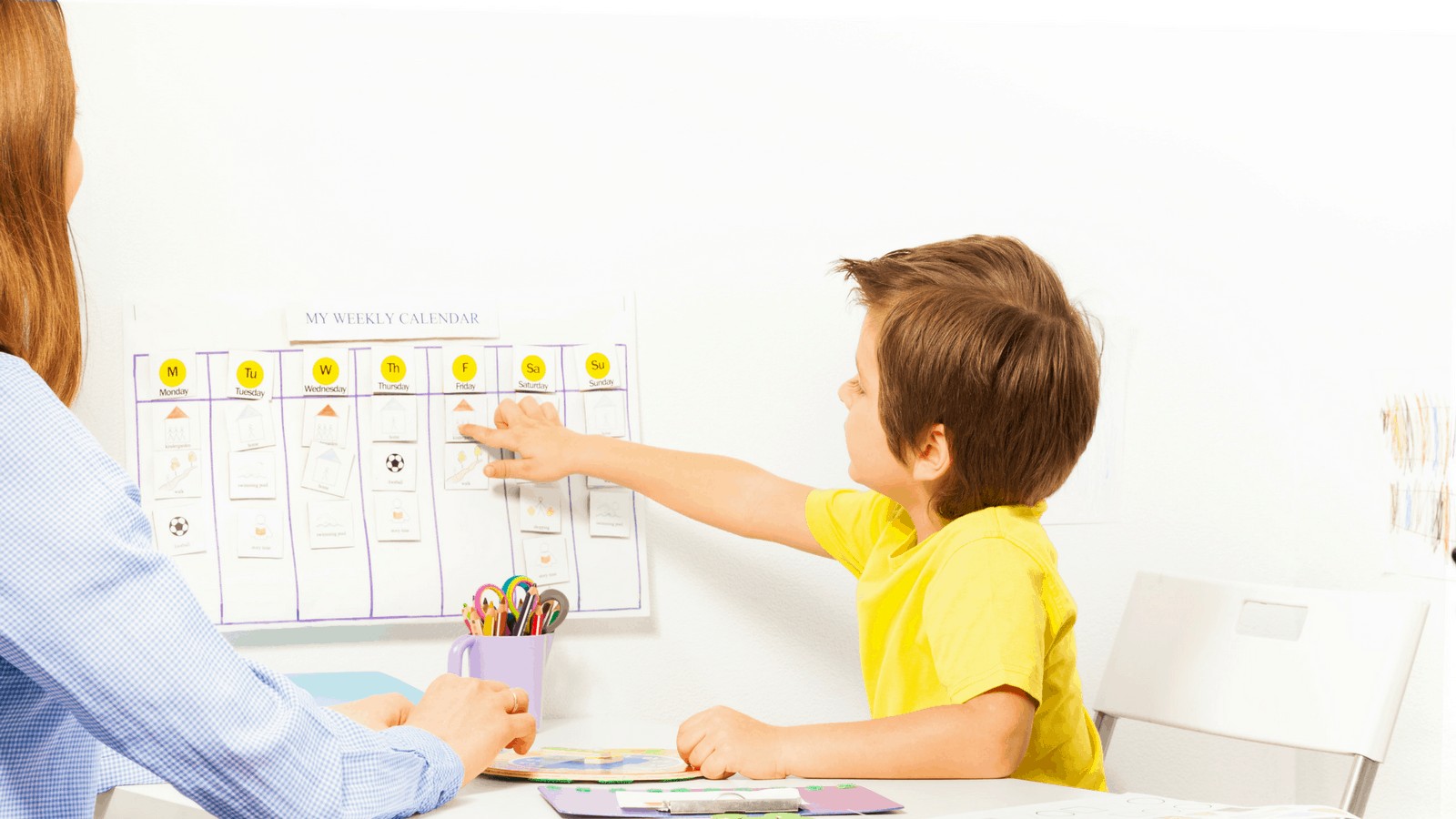What I Love About Raising Bilingual Kids
Inside: Joyful bilingual parenting, as part of the “A to Z of Raising Multilingual Children” series, from the Piri-Piri Lexicon.
Good teachers know this about their students: they won’t remember most of what you say. They will always remember how you made them feel. These are good words for parents of bilingual kids, too, as we make our hundreds of parenting decisions. What is best: OPOL, or minority language at home? Where should the kids go to school? What if the kids refuse to speak the home language?
And in the end, our kids will decide how they want to live. Perhaps they will see our hard work and sacrifice right away, or maybe they’ll put that minority language on the shelf, most of their adult lives. I suspect it will partly come down to how they feel about the languages they know.
So I want my kids to look back on their bilingual childhood as a beautiful and rich time, one in which the feeling was joy.

REMEMBERING WHY WE’RE DOING THIS
It’s easy to get caught up in the logical reasons we’re raising bilingual kids, and to be driven in our approaches. Of course we want them to be successful in school or careers. But that doesn’t get at the joy we’re going for. Over the past four years, I’ve spoken to my kids in my second language, and at times it’s been tiring, hard work. I do it because I know it will make their lives richer and better. I remember the friendships Spanish has given me, and the wonder of making Peru my home for a time. I think of the conversations they can have with cousins and grandparents, and how they will develop empathy and appreciation for other cultures. I think of jokes and laughter that can’t be translated. Those are the beautiful things make it worthwhile; they provide a why big enough to carry into adulthood.
CREATING AN ATMOSPHERE OF JOY
Add up all the tiny things we do and say to our kids over their childhoods, and that’s the feeling they’ll carry away from our homes. I have researched poems, fingerplays, and songs in Spanish for my babies, so that their little ears get used to all kinds of sounds– and also so that their souls feel the joy and warmth of mama’s voice and touch in both languages.
I had to laugh the other day when my 4-year-old son was misbehaving and I reverted to English to fuss at him.
“No Mommy, I want to speak Spanish!”
Apparently I’d been in habit of doing this, and he was starting to associate English with mommy being mad or in a rush! I’m working on that, so that Spanish and English are both tongues of comfort, laughter, good books, and music for my kids. (And equal parts “firm parenting voice.”)
As kids get older, that minority language might be competing with school, friends and the surrounding culture. So we have to put in the extra effort to make it fun! This might mean spending the extra money to buy books or DVDs with audio in the target language, having game nights, strategic play dates, or even planning vacations around the minority language. Make sure your kids know you are proud of them, because it is so happy and exciting to speak another language (rather than just impressive and “smart”). Spend more time on good, quality input than correcting mistakes.
GIVING GRACE IN BILINGUAL PARENTING
Raising bilingual kids isn’t easy. Sometimes I envy other parents, who speak to their kids without the constant self-correction I do. Sometimes I clam up in front of friends who are more fluent than I am, and I compare my kids’ progress with others. That kind of stress won’t lay the rails for kids who love Spanish their whole lives, and we have to find the balance of hard work and grace.
If you are monolingual and learning one song a month with your children, celebrate your success! If you are lapsing into the majority language at home, forgive yourself and start fresh in the morning. Every song learned and every hour spent speaking the target language should be a song and a day cheered for. Take care that in your tireless work to raise bilingual kids, you tend to the affection they feel for the language.
If you’re looking for some fun ways to learn Spanish with your kids, I have lots of ideas for games and activities!
Games in Spanish (lots of freebies!)

This post is part of a series on the Piri-Piri Lexicon “A to Z of Raising Multilingual Children” where I’m covering J for “Benefits of Being Multilingual”. Check it out through out February for some great posts by some of my favorite bloggers!







#5 is so true!! I love how being bilingual (or multilingual) can actually change your brain and view of the world. Those of us who grew up in one language were so limited by knowing just one language. What an awesome gift your kids have with two parent languages!